
In a fracturing world, where politics divide family and friends, it is timely to reflect on the value and importance of friendship.
Sources ancient and modern, religious and secular, emphasize different aspects of friendship from the scholarly Stanford Encyclopedia of Philosophy’s lengthy analysis to the cynical La Rochefoucauld’s declaration that friendship is “just an arrangement for mutual gain and an exchange of favours.”
Most of those who reflect on the issue point to the personal benefits that one may receive from a close relationship with another individual, such as Henry David Thoreau’s “Friends will not only live in harmony, but in melody” and Aristotle’s famous description of friends as “a single soul dwelling in two bodies.”
The biblical injunction to “love your neighbour as yourself” (Lev.19:17-18) is key to the nature of friendship. What has loving yourself got to do with loving your friend or neighbor? I think the Torah is telling us that we must accept ourselves before we can be a friend. If we are filled with bitterness, jealousy, anger and other negative thoughts, we are unable to reach out to the other in empathy and caring. If we are consumed with our own grievances, we have nothing to offer anyone else.
Loving oneself in this instance does not mean vanity, self-centredness or ego. Rather, it refers to an inner peace that is neither arrogance nor self-deprecation, a recognition of one’s qualities and shortcomings, a concern for self that leaves room for others.
It is this kind of caring friend that the author of Ecclesiastes refers to in his description of a friend in need: “Two are better off than one, in that they have greater benefit from their earnings. For should they fall, one can raise up the other, but woe betide him who is alone and falls with no companion to raise him” (4:9-11). Ecclesiastes writes about falling and raising up, but he is referring to assistance, physical, spiritual and practical.
A practical application of this principle can be found in the age-old practice of the chavrusa, or study partner, as distinct from the shiur, or formal classroom. Two people decide that they want to study a Jewish source text and dedicate themselves to do so on an ongoing basis. Often, the two are laymen who simply want to learn about Jewish teachings by exploring them with a friend. As it states in Proverbs (27:17), “as iron sharpens iron, so a man sharpens the wit of his friend.”
The point is beautifully expressed by the poet John Donne: “No man is an island entire of itself … any man’s death diminishes me, because I am involved in mankind.” We simply cannot navigate the world successfully without others.
Similarly, centuries later, Paul Simon of Simon and Garfunkel sang about his unrequited love: “I am a rock, I am an island … I have no need of friendship … I am shielded in my armor, hiding in my room,” only proving the futility of trying to live completely isolated.
Donne’s notion of involvement with mankind evokes the idea of moral responsibility, which is found also in the Jewish concept of “kol Yisrael areivim ze l’ze,” every Jew being responsible for his fellow.
In the Tanach, King Saul’s son, Yonatan, in protecting his friend David, puts his friendship above his own self-interest. In return, when David becomes king, he protects Yonatan’s family after Yonatan’s death, a demonstration of loyalty that transcends death.
The idea, in secular and religious literature, is that living for oneself is not merely sad or unfortunate, but rather morally irresponsible. It is detrimental to a healthy, cohesive society.
Not everyone can reach the exalted level expressed by the Dalai Lama who gave voice to an ideal of fraternity and moral responsibility: “May I become at all times, both now and forever, a protector for those without protection/A guide for those who have lost their way … A sanctuary for those in danger/A lamp for those without light/A place of refuge for those who lack shelter/And a servant to all in need.” This extension of friendship constitutes a moral framework for social justice.
On a more modest level, for Rabbi Harold Kushner, in his book “When Bad Things Happen to Good People,” friendship is simply a presence, a sharing, a support. Sitting on a beach, he saw a boy and girl work long and hard to build a sandcastle only to see it washed away by a huge wave. He was sure they would be devastated, but instead they laughed and, holding hands, ran together to a different site and started to build another sandcastle: “Only our relationships with other people endure. Sooner or later, the wave will come along and knock down what we have worked so hard to build up. When that happens, only the person who has someone’s hand to hold will be able to laugh.”
Whether they are grand, exalted notions of friendship and social justice or simple, small gestures it all comes down to the fact that we need one another. The simple fact is that civility and morality deteriorate when people lose the capacity to befriend one another.
Anyone who has suffered the loss of a loved one or a close friend knows the value of a single soul and has felt the emptiness that results from his or her demise.
Applying that appreciation acquired in a period of loss to our wider, daily lives and interactions is a challenge that needs to be taken up because friendship is the web that holds together civil society.
Dr. Paul Socken is Distinguished Professor Emeritus and founder of the Jewish Studies Program at the University of Waterloo.










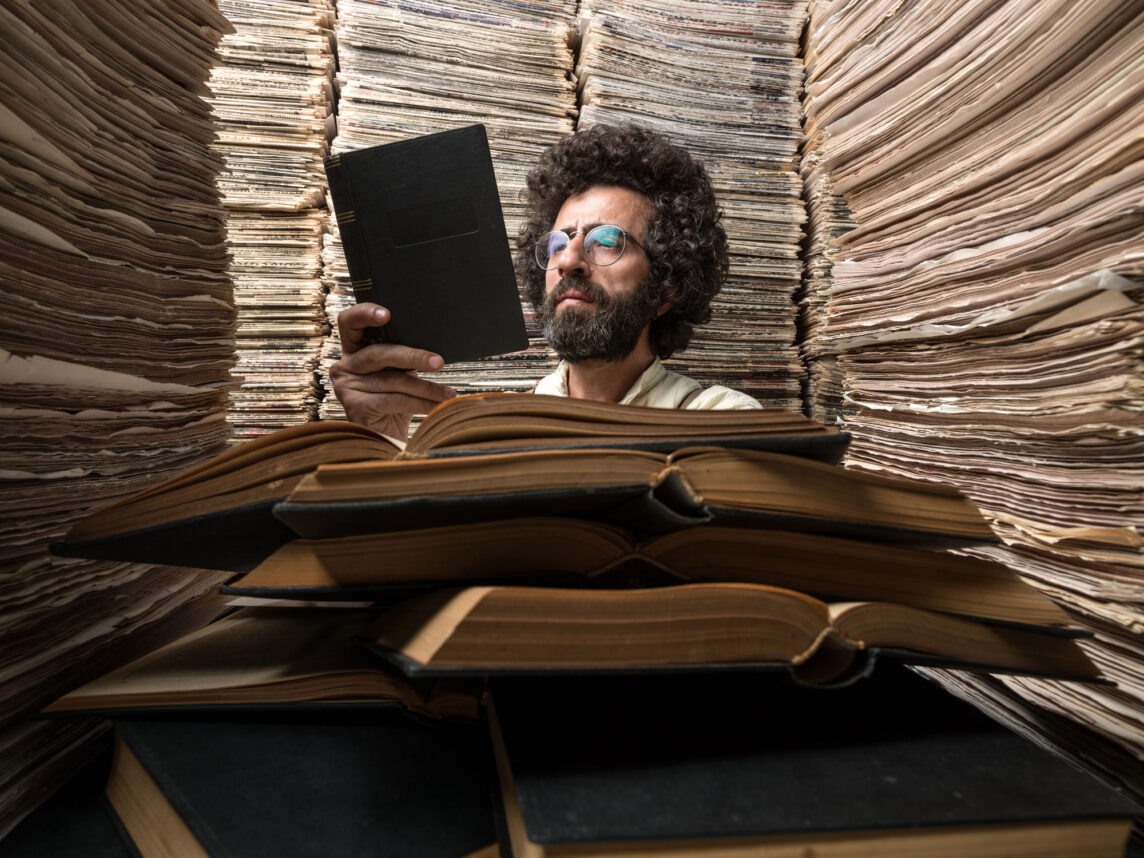

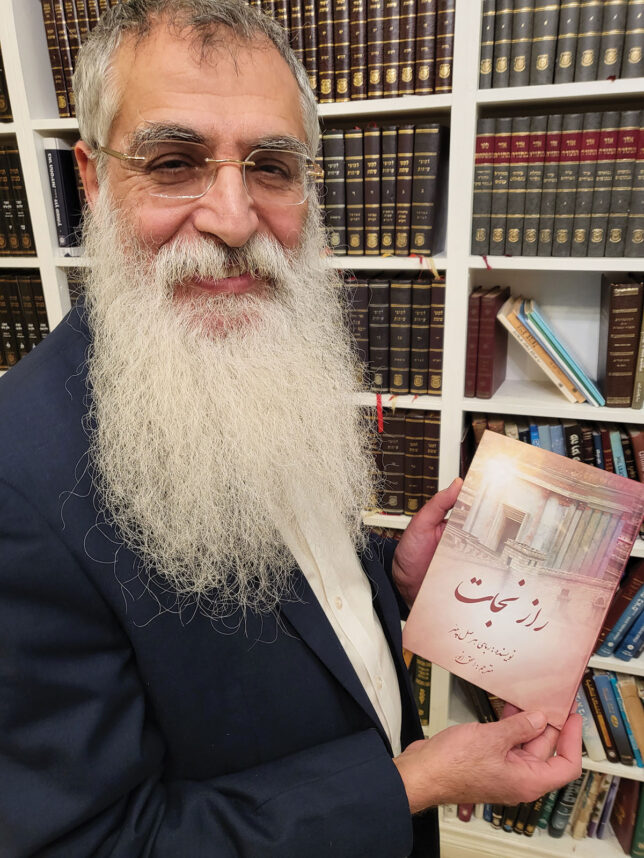
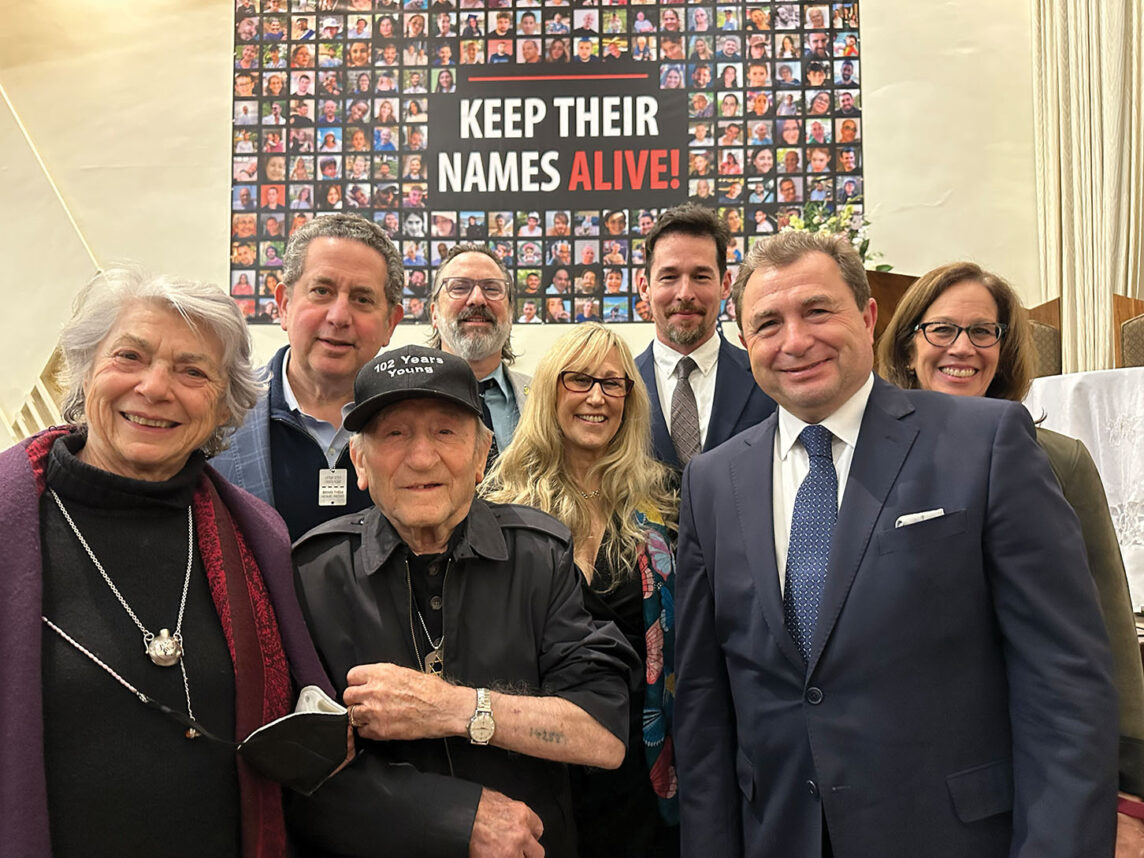

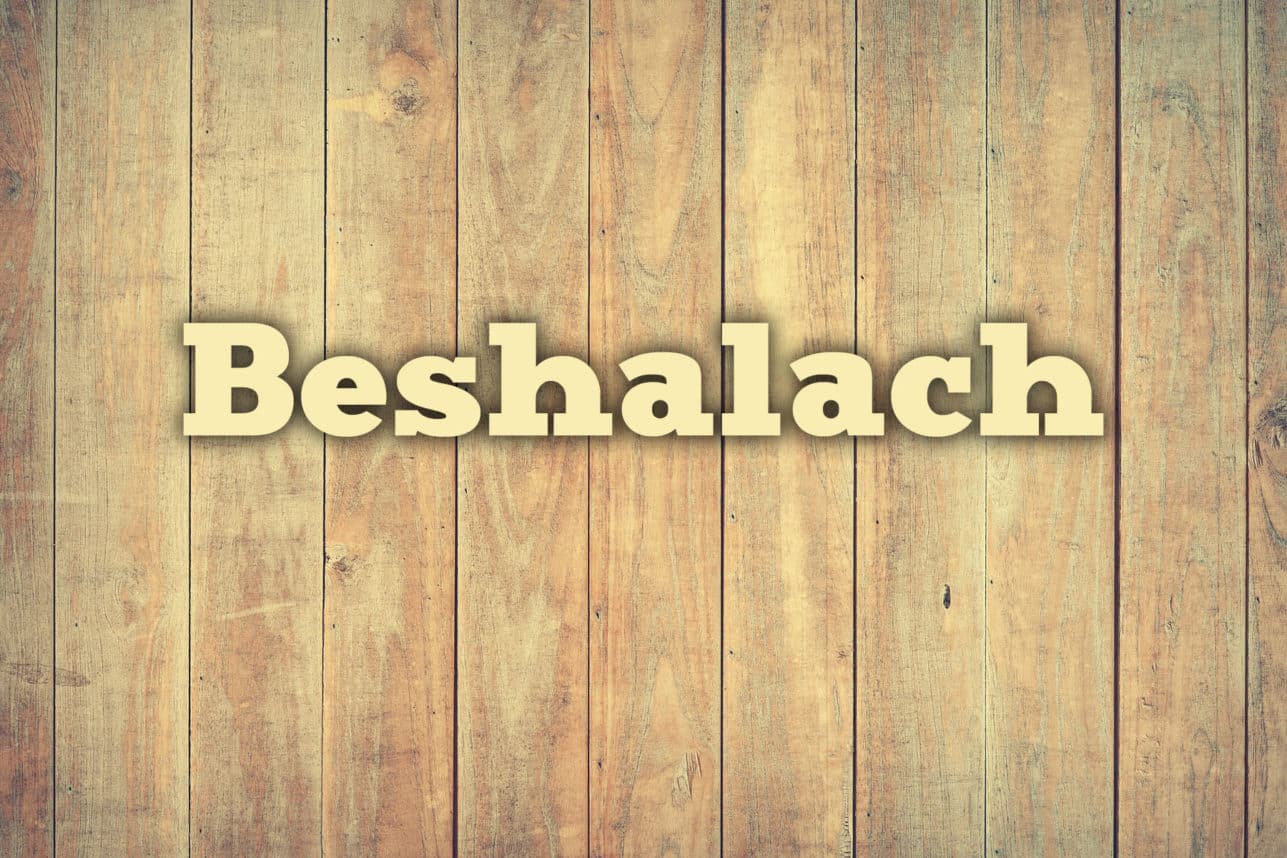






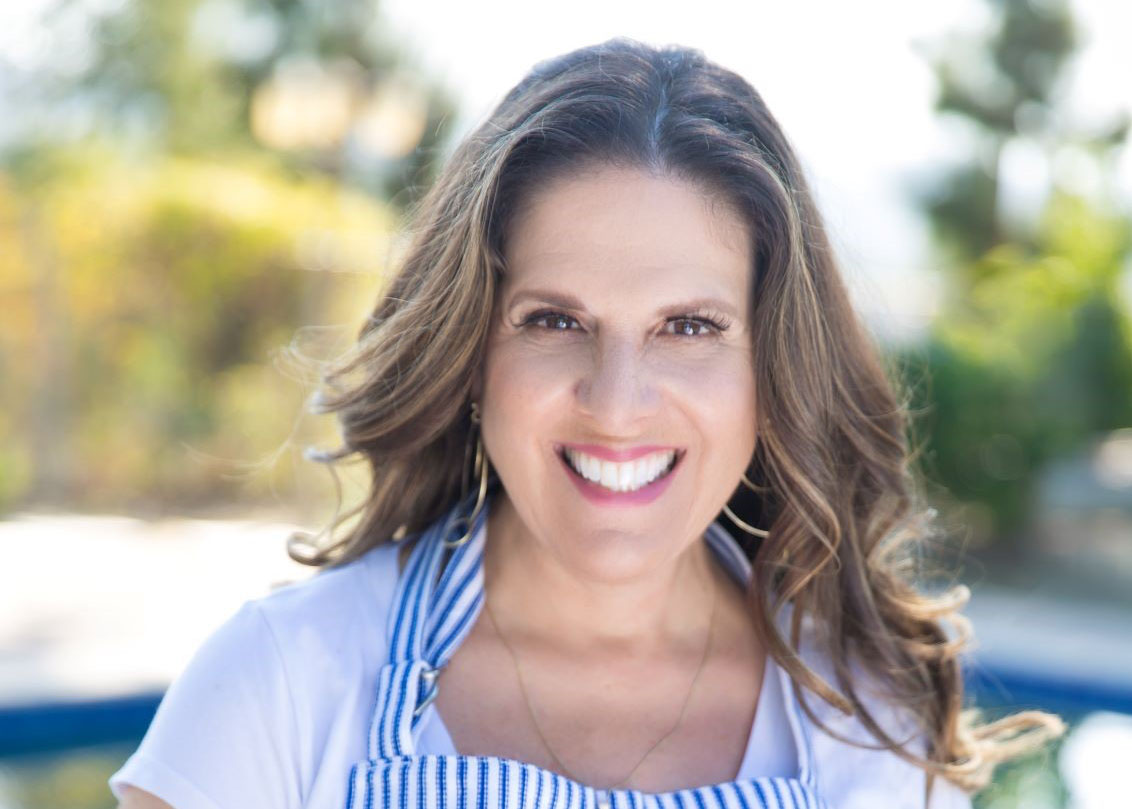

 More news and opinions than at a Shabbat dinner, right in your inbox.
More news and opinions than at a Shabbat dinner, right in your inbox.